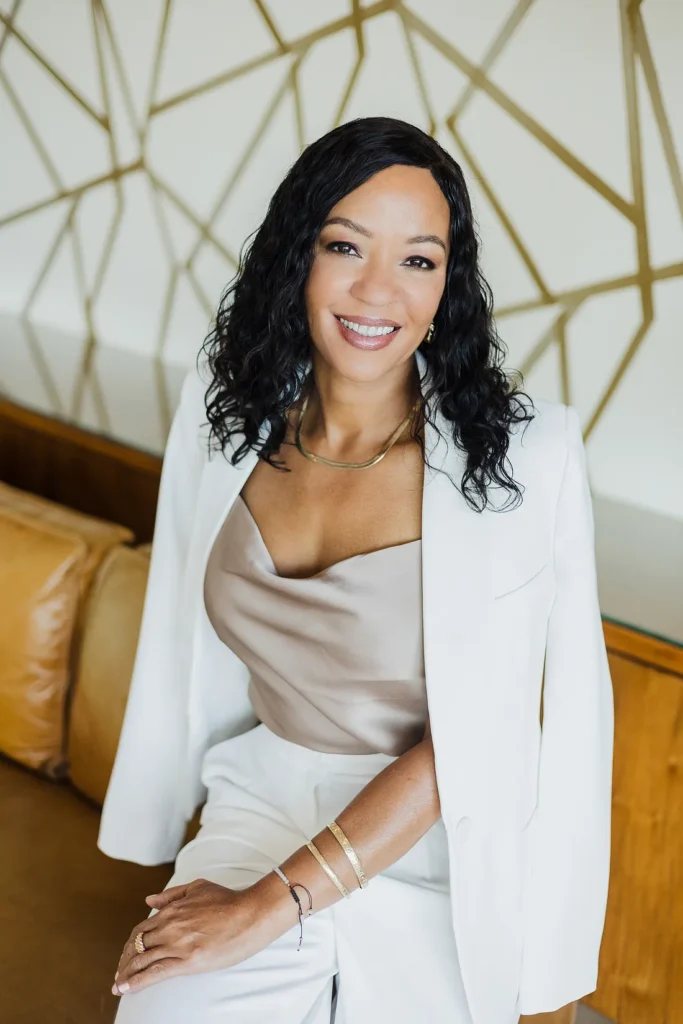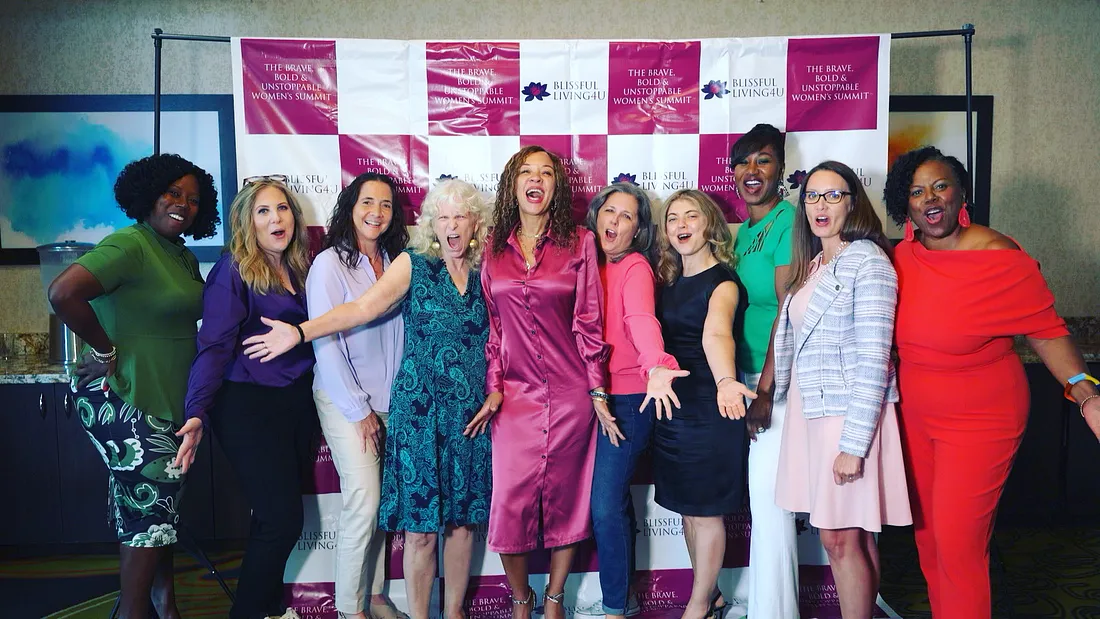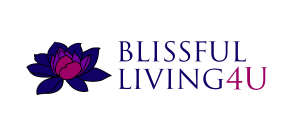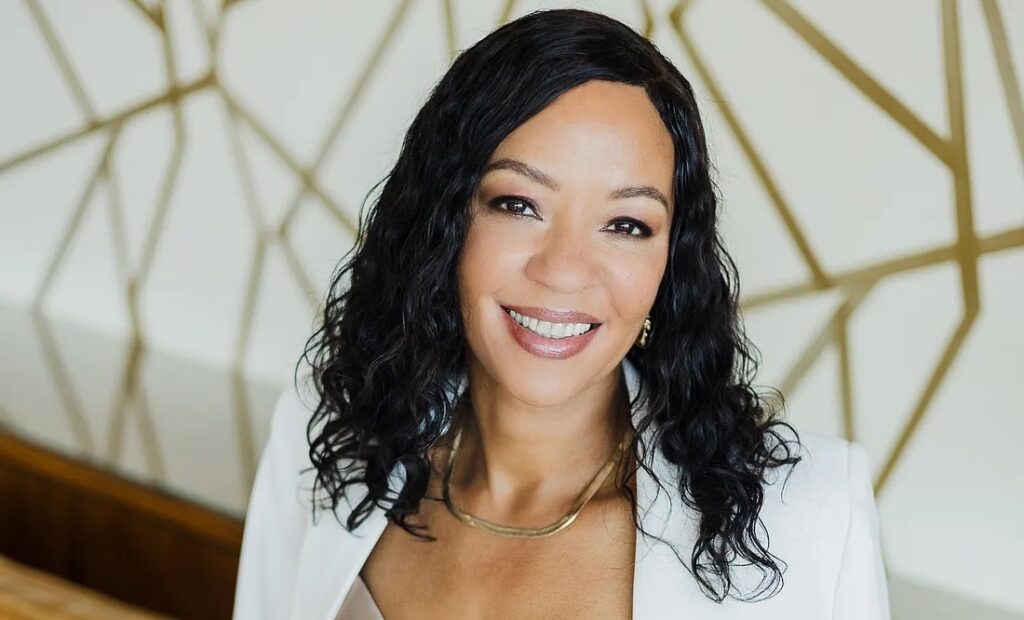
The Loneliness at the Top is Real: Leadership can be isolating, especially when you have to make tough decisions that are unpopular. Early on, I had to lay off a portion of our staff due to economic conditions. It was a decision that haunted me, but it was necessary for the company’s survival.
As a part of our series called ‘Five Things I Wish Someone Told Me Before I Became A CEO’ we had the pleasure of interviewing Rochel Marie Lawson.
Known as the Queen of Feeling Fabulous, Rochel Marie Lawson is a successful multiple business owner, RN, AHP, a Dream Lifestyle Transformation Facilitator, a multiple # 1 Best Selling Author on Amazon, a 2-time International Best-Selling Author, International Speaker, and creator of The Brave, Bold & Unstoppable Women’s Summits™. Owner of Blissful Living 4 U, created to bring wellness, wisdom, and wealth into the lives of individuals ready to unlock, have, and live the seeking life of their dreams. A highly driven woman who was born to break barriers, she proves that when powered by purpose, women are unstoppable. She’s built her storied life and career brick by brick, fighting fears, failures, and setbacks to have the success she’s always known was hers to claim.
Today she personifies what it means to ascend above adversity while inspiring countless others to do the same. Having honed her expertise for over three decades, her work is a testament to what it means to leave an undeniable mark on the world. She inspires. She empowers. She unleashes.
Thank you so much for joining us in this interview series! Before we dig in, our readers would like to get to know you a bit more. Can you tell us a bit about your “backstory”? What led you to this particular career path?
Certainly. I co-founded All Day Cable, Inc. with my husband in 1990. At the time, we recognized a gap in the market for quality telecommunications installation services, particularly in industries like Finance, Corporate Real Estate, Transportation, and Residential Construction. We were both passionate about providing exceptional service and realized that a company founded on those values would not only fill that gap but could also create long-lasting relationships with clients.
Over the years, we’ve transformed our small venture into a thriving business, honored as one of the Top 50 Woman-Owned businesses and among the first minority-woman owned businesses in the western region of the United States. It’s been an incredible journey, but it all started from our modest living room, with the belief that quality and integrity would carry us far.
Can you share the most interesting story that happened to you since you began leading your company?
One story that stands out is when we received a highly urgent call from a major Financial Corporation that was experiencing network failures during their peak trading hours. They had heard about our reputation for timely and exceptional service. We had a narrow window of time to solve their issue, or it would cost them millions. Our team worked diligently, and we managed to resolve the issue just in time. That day, we not only saved our client a substantial amount but also fortified our belief in the importance of readiness and high-quality service.
Can you share a story about the funniest mistake you made when you were first starting? Can you tell us what lesson you learned from that?
Ah, the early days were a blend of enthusiasm and naïveté. One of the funniest mistakes was when we eagerly accepted a project that was way beyond our team’s capacity at that time. We were so enthusiastic about getting a large project that we didn’t initially consider the logistical implications. Let’s just say it involved many sleepless nights, countless cups of coffee, and some humorous yet tense moments.
The lesson I learned from that experience was the importance of assessing our capabilities realistically. Being ambitious is great, but it’s equally important to know your limitations and scale responsibly.
None of us are able to achieve success without some help along the way. Is there a particular person who you are grateful towards who helped get you to where you are? Can you share a story about that?
I’ve had the good fortune of having many mentors and supporters throughout my career, but if I had to single out one person, it would be my husband and co-founder. Starting a business comes with its unique challenges, and having a partner who shared the vision, who was willing to take risks and make sacrifices, made all the difference. We’ve weathered countless storms together — from the initial hurdles of setting up a company to navigating economic downturns. Our partnership in both life and business has been my most treasured alliance and a critical factor in where I am today.
Leadership often entails making difficult decisions or hard choices between two apparently good paths. Can you share a story with us about a hard decision or choice you had to make as a leader?
Certainly. A few years back, we had an opportunity to bid for two significant contracts, both of which would be excellent for our portfolio. However, after an internal assessment, we realized pursuing both would stretch our resources too thin, affecting the quality of our work. After much deliberation, I made the difficult decision to focus on just one contract. It was a gamble but one rooted in our core value — providing exceptional service.
We won the contract and executed it so well that it opened doors to bigger opportunities, proving that sometimes less is indeed more. The decision reinforced my belief that quality should never be compromised for quantity.
Ok, thank you for that. Let’s now jump to the primary focus of our interview. Most of our readers — in fact, most people — think they have a pretty good idea of what a CEO or executive does. But in just a few words can you explain what an executive does that is different from the responsibilities of the other leaders?
An executive sets the vision and strategy for the company, makes high-stakes decisions that affect the future of the business, and cultivates a culture that enables everyone in the organization to contribute to that future.
What are the “myths” that you would like to dispel about being a CEO or executive? Can you explain what you mean?
One myth is that CEOs have all the answers. The truth is, we rely heavily on our teams and advisors; we’re continuous learners just like everyone else. Another myth is that the CEO role is glamorous. While it comes with perks, the weight of responsibility is immense, and the hours can be grueling.
What is the most striking difference between your actual job and how you thought the job would be?
I thought the role would become easier as the company grew, but the challenges have simply evolved. In the early days, the concerns were more operational; today, they are strategic and involve a more complex stakeholder ecosystem. The job never gets easier; it just gets different.
Do you think everyone is cut out to be an executive? In your opinion, which specific traits increase the likelihood that a person will be a successful executive and what type of person should avoid aspiring to be an executive? Can you explain what you mean?
Not everyone is cut out for this role. Traits like resilience, long-term vision, and excellent communication skills are crucial. You also need the ability to make hard decisions without crippling doubt. Those who struggle with high-pressure scenarios, ambiguity, or are averse to risk may find the role to be exceptionally challenging.
What advice would you give to other business leaders to help create a fantastic work culture? Can you share a story or an example?
Creating a fantastic work culture goes beyond employee benefits and perks; it’s about creating a supportive environment where everyone feels heard, valued, and inspired to do their best work. My advice to other business leaders would be to lead with empathy and authenticity, encourage open communication, and invest in professional growth and well-being for your team.
For example, a few years ago we noticed a decline in employee morale. We decided to conduct an anonymous survey to understand what was causing this dip. The feedback was enlightening; the team wanted more opportunities for professional growth and a more flexible work environment. Taking this into account, we implemented regular skill-building workshops and allowed more remote work options. We also instituted an “Open Door” policy that encourages employees to share ideas and concerns directly with the management.
The result was a significant improvement in employee engagement and productivity. More importantly, our staff felt listened to and valued, which is key for any successful work culture.
Leaders should never underestimate the power of a strong, inclusive, and positive work culture. It’s not just an HR strategy; it’s a business strategy.
How have you used your success to make the world a better place?
Our company takes corporate social responsibility seriously. We have ongoing partnerships with local educational institutions where we help train the next generation of engineers and technicians. Additionally, we’ve recently started a scholarship fund for women entering STEM fields, aiming to close the gender gap in our industry.

Fantastic. Here is the primary question of our interview. What are your “Five Things I Wish Someone Told Me Before I Became A CEO” and why?
- The Loneliness at the Top is Real: Leadership can be isolating, especially when you have to make tough decisions that are unpopular. Early on, I had to lay off a portion of our staff due to economic conditions. It was a decision that haunted me, but it was necessary for the company’s survival.
- You’re Always ‘On’: As a CEO, you’re never really off the clock. I remember being on vacation and having to manage a crisis over the phone, balancing family time with the needs of the company. Your role follows you everywhere.
- It’s OK to Not Know Everything: Initially, I felt immense pressure to have all the answers. Over time, I’ve learned the importance of humility and seeking advice. This was particularly relevant when we were entering a new market sector, and I had to rely heavily on the expertise of my team.
- The Importance of Delegation: When we were starting, I felt the need to be involved in every small decision. It took a toll on my time and energy. Learning to delegate was like discovering superpower, it magnified our efficiency and effectiveness.
- Culture Eats Strategy for Breakfast: I used to think that a solid business strategy was the key to success, but I’ve learned that without a strong company culture, even the best strategies can fail. This became evident during a project where despite a robust plan, team morale was low, and we missed our targets. Since then, culture has been a focal point in our strategic planning.
You are a person of great influence. If you could inspire a movement that would bring the most amount of good for the greatest number of people, what would that be? You never know what your idea can trigger.
If I could inspire a movement, it would be one that focuses on bridging the gap in technology education across socio-economic divides. In this age, digital literacy is as fundamental as basic education, and everyone should have access to it, regardless of their financial background.
Can you please give us your favorite “Life Lesson Quote”? Can you share how that was relevant to you in your life?
My favorite quote is: “Success is not final; failure is not fatal: It is the courage to continue that counts.” This has been incredibly relevant in my entrepreneurial journey where there have been many highs and lows, but the constant has been the courage to keep moving forward.
We are very blessed that some very prominent names in Business, VC funding, Sports, and Entertainment read this column. Is there a person in the world, or in the US with whom you would love to have a private breakfast or lunch with, and why? He or she might just see this if we tag them
I’d love to have a private meeting with Melinda Gates. Her philanthropic efforts, particularly in the areas of education and technology, have always inspired me. She’s a prime example of how success can be leveraged to make meaningful changes in the world. It would be an honor to learn from her and discuss potential collaborations for creating social impact.
Thank you for these fantastic insights. We greatly appreciate the time you spent on this.
About the Interviewer: Douglas E. Noll, JD, MA was born nearly blind, crippled with club feet, partially deaf, and left-handed. He overcame all of these obstacles to become a successful civil trial lawyer. In 2000, he abandoned his law practice to become a peacemaker. His calling is to serve humanity, and he executes his calling at many levels. He is an award-winning author, teacher, and trainer. He is a highly experienced mediator. Doug’s work carries him from international work to helping people resolve deep interpersonal and ideological conflicts. Doug teaches his innovative de-escalation skill that calms any angry person in 90 seconds or less. With Laurel Kaufer, Doug founded Prison of Peace in 2009. The Prison of Peace project trains life and long terms incarcerated people to be powerful peacemakers and mediators. He has been deeply moved by inmates who have learned and applied deep, empathic listening skills, leadership skills, and problem-solving skills to reduce violence in their prison communities. Their dedication to learning, improving, and serving their communities motivates him to expand the principles of Prison of Peace so that every human wanting to learn the skills of peace may do so. Doug’s awards include California Lawyer Magazine Lawyer of the Year, Best Lawyers in America Lawyer of the Year, Purpose Prize Fellow, International Academy of Mediators Syd Leezak Award of Excellence, National Academy of Distinguished Neutrals Neutral of the Year. His four books have won a number of awards and commendations. Doug’s podcast, Listen With Leaders, is now accepting guests. Click on this link to learn more and apply.

